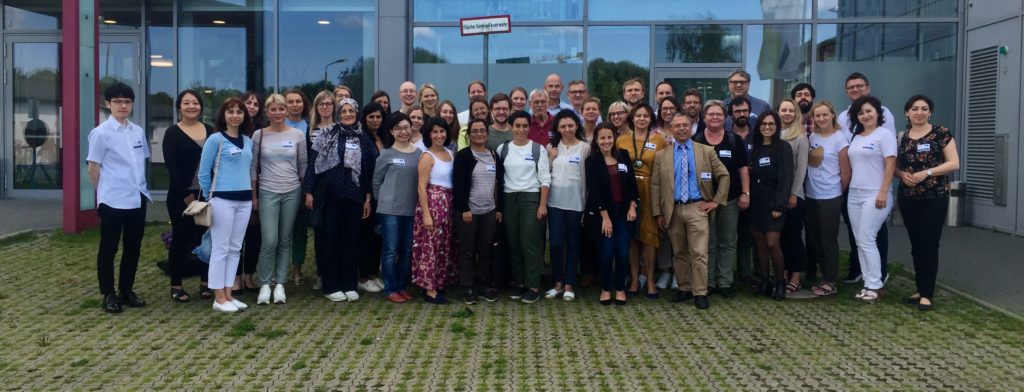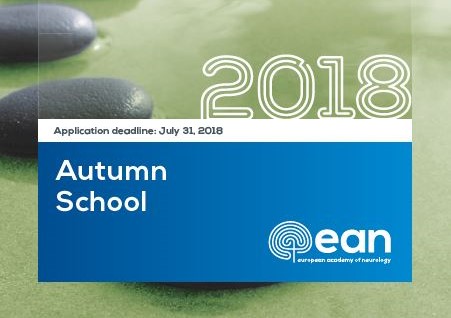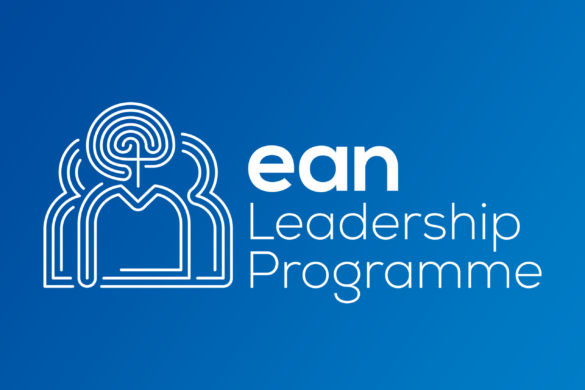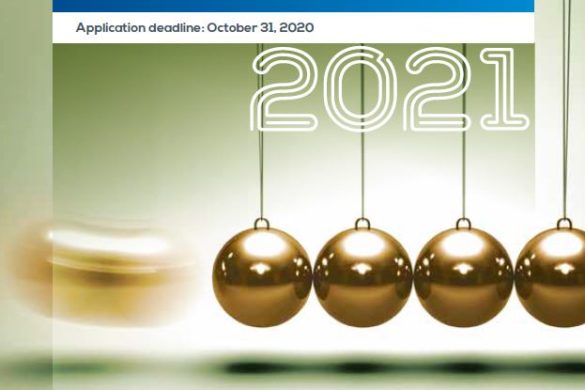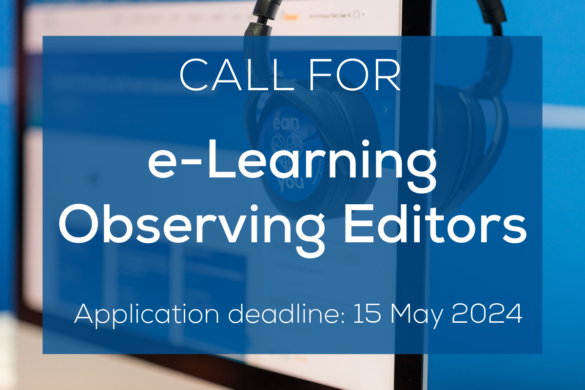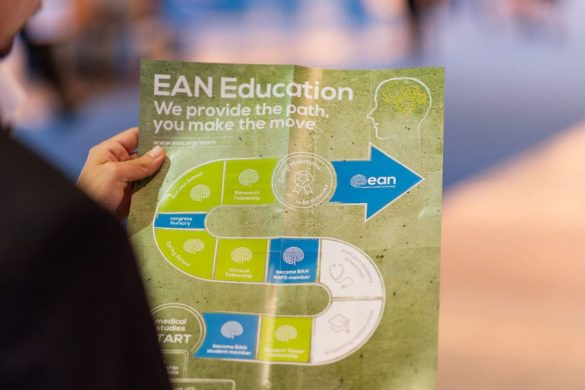By Daniela Pimenta Silva
The 13th Baltic Sea Summer School on Epilepsy (BSSSE 13) took place for the second time in Rostock, Germany, from August 18 to 24, 2019. Participants were pleased to improve their knowledge in several areas of epilepsy in this beautiful Baltic Sea city, that harbors one of the oldest universities in Germany, for a full week.
Since 2007, the BSSSEs and the International League Against Epilepsy (ILAE) have been working to offer participants a unique opportunity to enhance practical skills in the diagnosis and decision-making regarding management of epilepsy, as well as the chance to increase their critical appraisal on seizure semiology and EEG patterns. The open and informal atmosphere and the didactic component of case-oriented lectures prompted the success of every course edition so far. This 13th edition was of no exception since expectations were once again surpassed by an outstanding educational course.
This year, the Summer School comprised once again well-structured sessions in a busy all-day schedule, including morning sessions, lectures, tutorials and case-oriented sessions. They cover a wide range of topics in epilepsy, for instance: seizure semiology in different ages, recognition of different EEG patterns, neuroimaging in epilepsy, differential diagnosis of epilepsy syndromes and the role of genetics, pharmacotherapy with emphasis on women of fertile age and pregnancy, treatment guidelines in children, non-epileptic paroxysmal events in adults and children, and health political aspects of epilepsy. The high-quality sessions reflected the prominent experience of the epileptologists from the countries around the Baltic Sea.
The course was attended by 43 participants from 26 different countries, from neurologists to neurophysiologists, pediatricians, and PhD students. Attendants were encouraged to bring their own cases and to present their research for peer discussion to improve competence and confidence in lecturing and teaching. In fact, every participant contributed with very interesting and challenging cases sharing experiences of real-life cases in an informal and very educative way.
Participants were also given the opportunity to work on designing a research project in small groups guided by an experienced tutor. This was an invaluable opportunity to create multinational cooperation for research, since very different and prolific ideas rose from the multidisciplinary teams.
A final note of praise is due to the Organizing and Program Committee, Prof. Dr. Peter Wolf, Prof Dr. Rüta Mameniskiene and Prof. Dr. Rüdiger Köhling, for this extraordinary course. This was a very enriching and holistic experience and its world-wide attendance is undoubtedly a platform to establish an international network of contacts for future reference.

